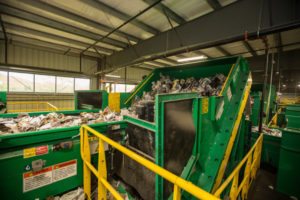 A newly opened materials recovery facility is employing a host of sortation technologies to separate curbside materials from households in one of America’s largest cities. Continue Reading
A newly opened materials recovery facility is employing a host of sortation technologies to separate curbside materials from households in one of America’s largest cities. Continue Reading

 A newly opened materials recovery facility is employing a host of sortation technologies to separate curbside materials from households in one of America’s largest cities. Continue Reading
A newly opened materials recovery facility is employing a host of sortation technologies to separate curbside materials from households in one of America’s largest cities. Continue Reading
 Recycling and waste-reduction advocates in Michigan were unable to stop passage of a bill that prohibits local ordinances limiting the use of plastic bags and plastic food-service items.
Recycling and waste-reduction advocates in Michigan were unable to stop passage of a bill that prohibits local ordinances limiting the use of plastic bags and plastic food-service items.
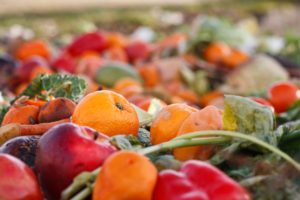 Oregon awards $1.2 million to support materials diversion efforts, and California makes $24 million available to propel organics processing facilities.
Oregon awards $1.2 million to support materials diversion efforts, and California makes $24 million available to propel organics processing facilities.
 In Waste Management’s latest sustainability report, the hauling and recycling giant noted it will begin emphasizing the environmental impact of its materials diversion activities instead of metrics based on weight.
In Waste Management’s latest sustainability report, the hauling and recycling giant noted it will begin emphasizing the environmental impact of its materials diversion activities instead of metrics based on weight.
 A man is caught defrauding Germany’s bottle redemption program, and one California city mulls zoning changes targeting bottle redemption centers.
A man is caught defrauding Germany’s bottle redemption program, and one California city mulls zoning changes targeting bottle redemption centers.
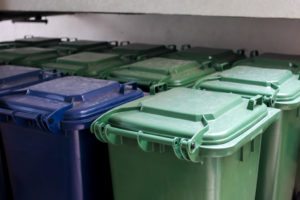 The Institute of Scrap Recycling Industries (ISRI) delivered a State of Recycling Address in Washington, D.C. recently. Two senators from the Congressional Recycling Caucus joined the event, which showcased the upsides of materials diversion.
The Institute of Scrap Recycling Industries (ISRI) delivered a State of Recycling Address in Washington, D.C. recently. Two senators from the Congressional Recycling Caucus joined the event, which showcased the upsides of materials diversion.
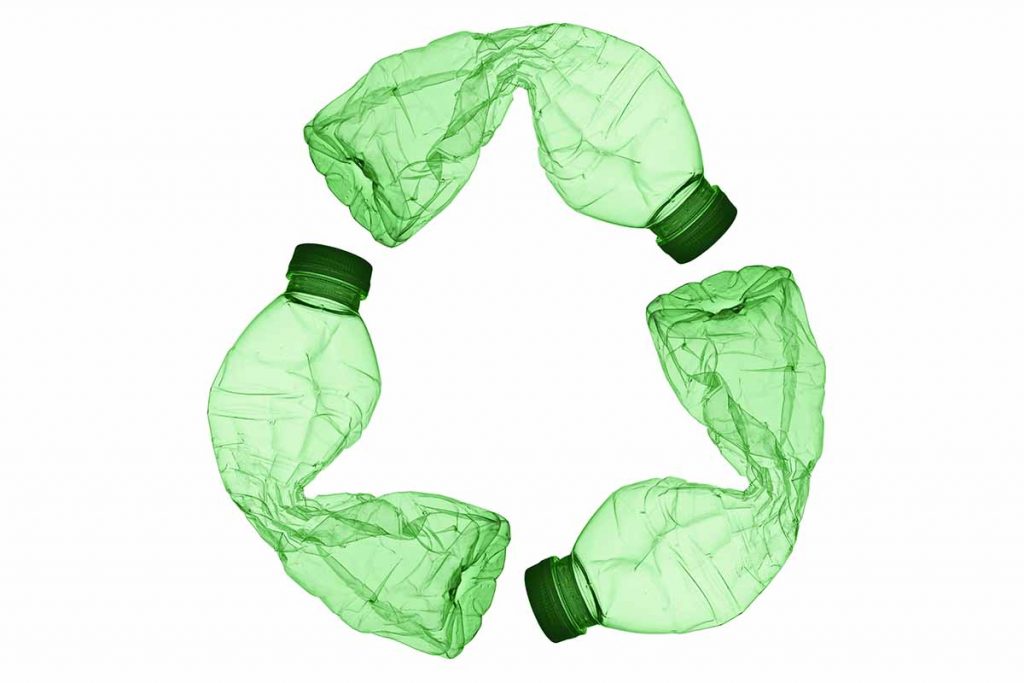
The managing editor of Resource Recycling shines a light on the flawed conclusions reached in Greenpeace’s recent recyclability report. | Chones/Shutterstock
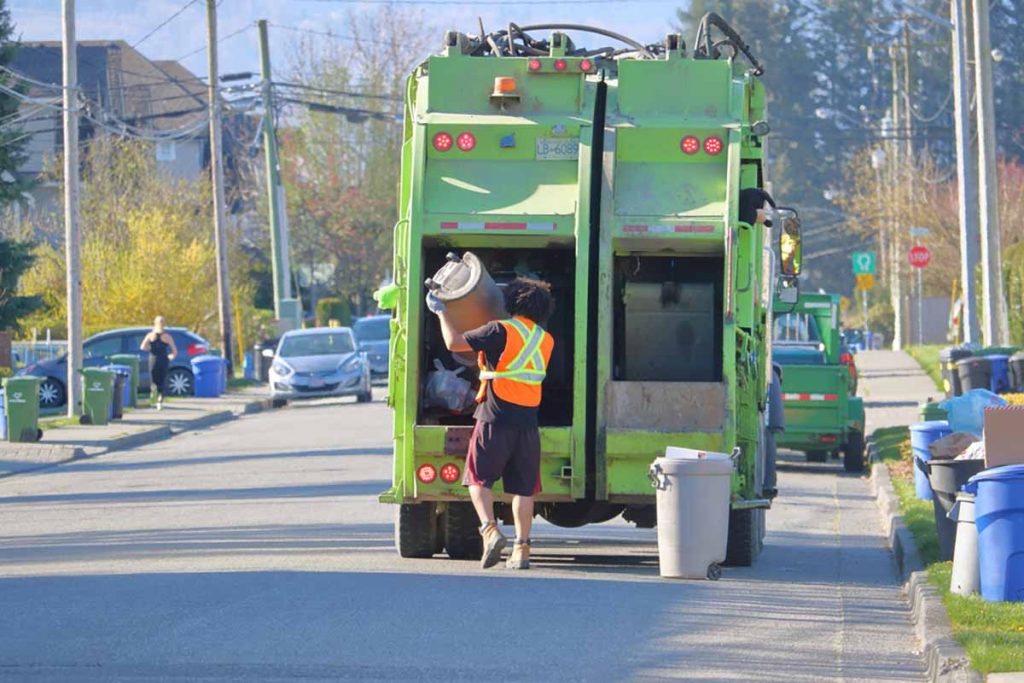
Nashville is set to receive $141,000 from The Recycling Partnership and American Beverage’s Every Bottle Back initiative. | Eric Buermeyer/Shutterstock
Tennessee’s largest city is increasing the frequency of its curbside collection, and it’s getting some financial and technical assistance from private sector groups to help with the transition. Continue Reading
 Compared with recent months, December has brought stable prices across the range of curbside recyclables, with OCC down a little bit and PET up slightly.
Compared with recent months, December has brought stable prices across the range of curbside recyclables, with OCC down a little bit and PET up slightly.
